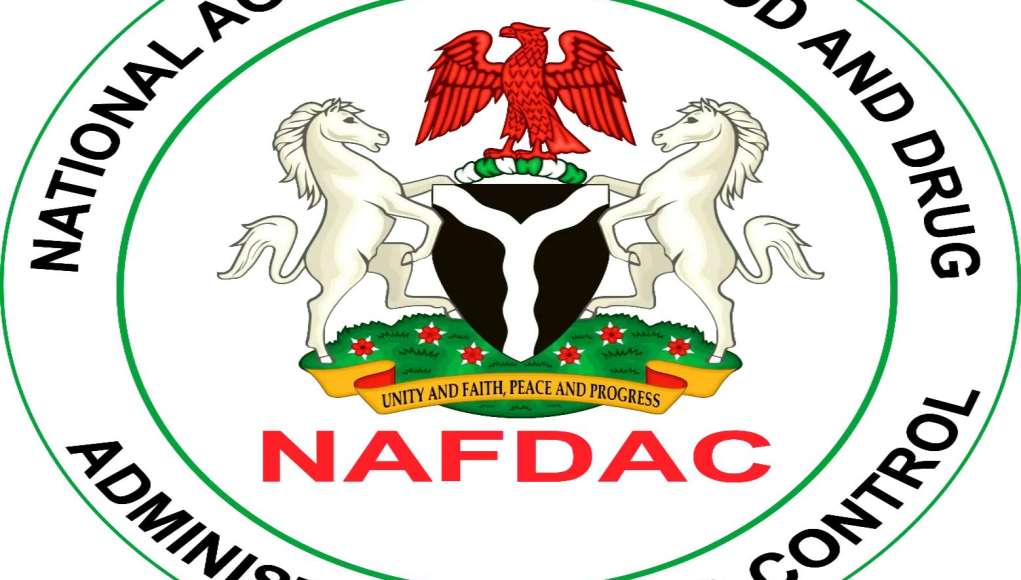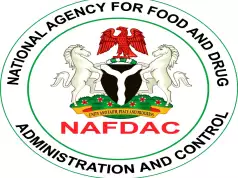On Sunday, it was revealed that the Danish Embassy and Danish Veterinary and Food Agency (DVFA) would assist the National Agency for Food and Drug Administration and Control (NAFDAC) in combating the escalating threat of antimicrobial resistance (AMR) in Nigeria.
Described as a ‘Silent Pandemic’ to the human race because infections once easily treated with antimicrobials are now becoming increasingly difficult and sometimes impossible to manage due to the scourge of AMR, the Director General of NAFDAC, Prof. Mojisola Adeyeye, described the collaboration between the two as timely.
The collaboration emerged in Lagos during a stakeholders’ workshop themed ‘Educate. Advocate. Act Now’ to mark the 2024 World Antimicrobial Awareness Week, where the NAFDAC DG highlighted that antimicrobial resistance is reversing decades of medical progress, making infections once treatable with antibiotics increasingly difficult to manage.
The workshop also reflected on global commitments made at the 79th United Nations General Assembly High-Level Meeting on AMR, which include reducing the annual 4.95 million AMR-related deaths by 10% by 2030, improving infection prevention and control, and significantly reducing antimicrobial use in agriculture.
Adeyeye noted that the growing antimicrobial resistance endangers decades of medical progress, potentially reversing successes in treating common infections, performing surgeries, and conducting medical procedures, adding that the most pressing danger is the antimicrobial resistance found at birth in newborn babies in a teaching hospital in Nigeria.
According to the DG in a statement by the agency’s Resident Media Consultant, Sayo Akintola, the implication of one of the most urgent global health challenges of our time, AMR, often referred to as the ‘Silent Pandemic’ to the human race is unquantifiable because it poses a threat to man, animals, and plants.
She, however, disclosed that NAFDAC has implemented measures to address AMR, including limiting antibiotic formulations to two active ingredients to curb overuse, discouraging antibiotics as growth promoters in livestock, and raising awareness about the risks of using colistin in animal feed.
Colistin, classified by the World Health Organization (WHO) as a last resort antibiotic for humans, has been misused in poultry and swine production, she noted.
According to the DG, the agency has also been educating farmers on alternatives, such as organic acids and probiotics, and has established a dedicated in-house AMR-One Health committee to collaborate with national and international partners like the Nigeria Centre for Disease Control (NCDC), Federal Ministry of Agriculture, WHO, and the European Union.
“AMR is not a distant threat; it is already impacting lives,” she stated, emphasizing the urgent need for coordinated action to combat the silent pandemic.
The Danish Ambassador to Nigeria, Jens Ole Bach Hansen, reiterated his country’s commitment to supporting NAFDAC’s efforts against AMR while noting with concern that it is one of the major causes of death around the world and therefore recognized as one of the global public health challenges that requires global solutions.
According to him, the collaboration is supported by a learning program facilitated by the Danish Fellowship Centre, which trains NAFDAC regulatory officers in food safety, disease control, and the One Health approach.
“The Danish partnership is particularly focused on transferring knowledge and experience to help combat the spread of AMR in Nigeria,” he added.










